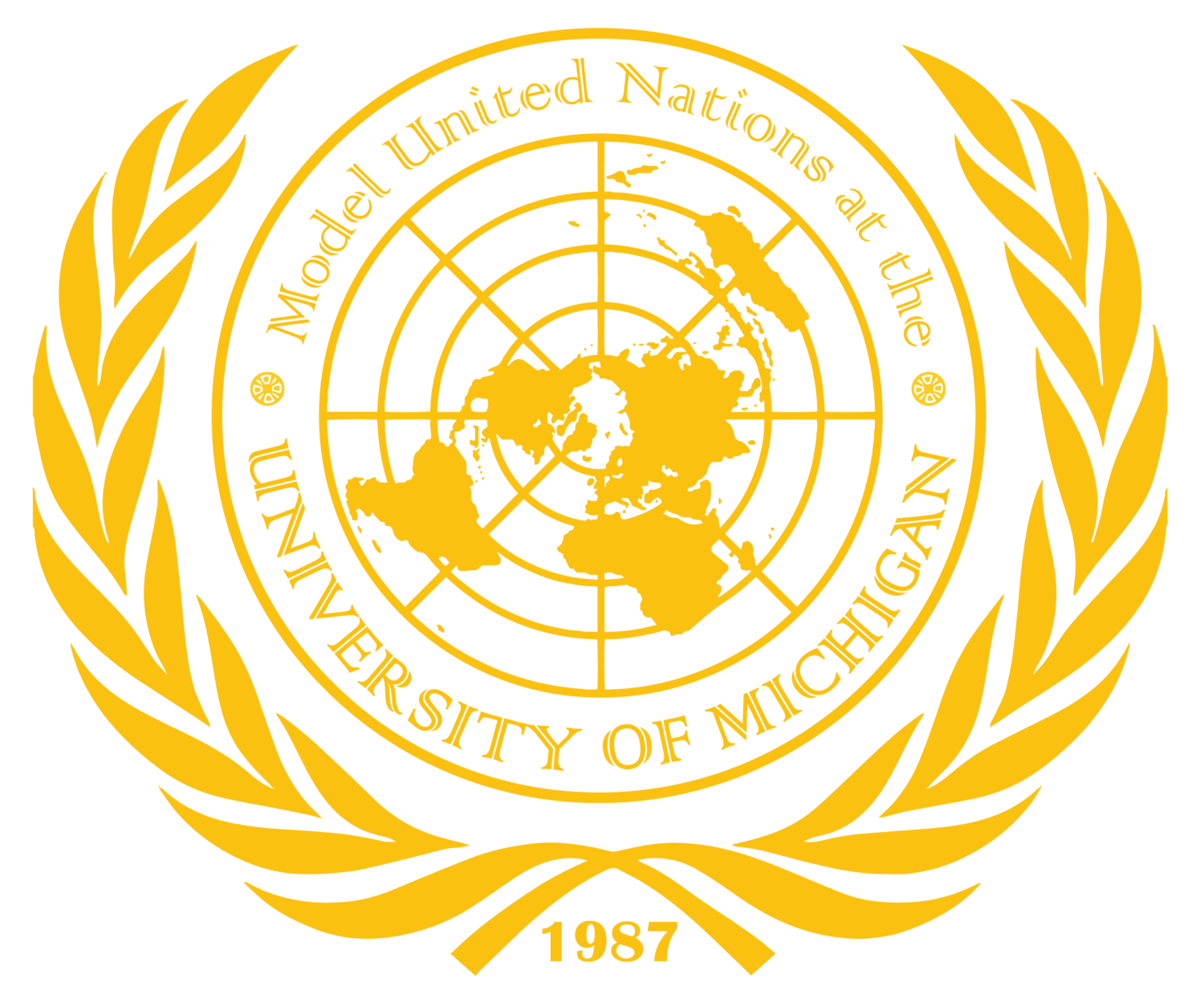By: Jane Swartz
It’s 1969, and the board of the University of Michigan is dealing with an ongoing crisis involving the government’s use of Napalm research in the university’s facilities. A new chemical weapon has emerged: “Better Napalm.” Consistent with its naming, Better Napalm does everything Napalm does, just better. A leak in its containment has caused the water in Ann Arbor to become polluted, this pollution specifically affecting lower income areas. No deaths are yet known, nor are the effects of Better Napalm, but the city has been placed under a state of emergency by the mayor, Wendell E. Hulcher.
The immediate issue at hand is clear. How could they prevent the spread of Better Napalm throughout all of Ann Arbor, and contaminating the city’s water? And how would they help the near 10,000 citizens living in affected areas? Some board members wanted to stop research immediately, while others suggested to begin research on possible biological effects of Better Napalm, as drinking normal Napalm causes almost immediate death. Others were more involved in an investigation directed towards the cause of the leak, especially since foul play is suspected.
Those under watchful eyes were Bill Ayers, a student activist, and Geoffrey Norman, the vice president of research at the plant. The two were both linked to being at the research facility around the time of the leak. Ayers was placed there due to an unnamed source of Wesley Fishel, who reported to have seen someone with a similar appearance to Ayers on the grounds. Norman, who presented immediate support behind stopping research of both Napalms and beginning an investigation of the leak, was deposed by the research president, Robert Elderfield, although the latter offered no comment as to why. All three were placed into an inquisition by the committee, a fast-paced questioning session followed by a vote on whether or not to remove the person from the room. None were convicted.
Other members who were suspected were the chair of police administration Arthur F. Brandstatter, and Robert Briggs, a University regent. Both were involved in sending arms to South Vietnamese forces to support those fighting. As Brandstatter stated, he never supplied any illegal arms, instead using his own personal connections with the Secretary of Defense, Robert McNamara, to send arms to those fighting for South Vietnam. In addition to his link with Brandstatter, Briggs raised suspicions involving the press. He was reported to have attempted to bribe South Vietnamese forces for a statement, and when they refused the money, he gave misinformation to the press. Similar to the preceding pair, Briggs and Brandstatter were questioned in an inquisition, and were allowed to stay in the room.
Marshall Sahlins was put in the hot seat as well for his loud, anti-war protests. Over the course of the committee, the professor of Anthropology had committed several “treasonous” actions, accused by Fishel. He had organized a “die-in,” a protest that involved participants lying down in front of a building to prevent anyone from going inside. Sahlin also abused his power as a professor to make a political statement, raising concerns from most present. While strictly anti-war, he had reported students in his department with GPAs of 0.0, making them eligible for the draft, calling it an “equal chance to go and die.” Following Sahlin’s inquisition, the committee voted. In a decision of 11-0, Sahlin was removed from the room.
